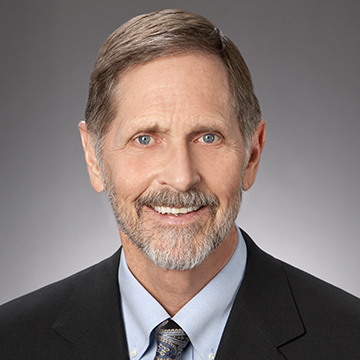- Individual Investor? Learn More Individual Investor? LEARN MORE >
-
ACCOUNT ACCESS
- FOR FINANCIAL PROFESSIONALS
- Mutual Fund Accounts
- Smart529 Accounts
- FOR INDIVIDUAL INVESTORS
- Mutual Fund Accounts
- Smart529 Accounts
-
CONTACT US
Pre-Sales Support
Mutual Funds and ETFs - 800-456-7526
Monday-Thursday: 8:00 a.m. – 6:00 p.m. ET
Friday: 8:00 a.m. – 5:00 p.m. ETPost-Sales and Website Support
888-843-7824
Monday-Friday: 9:00 a.m. - 6:00 p.m. ET- PHONE US MAIL US
- ADVISOR LOG IN

-
Products
- INVESTMENT RESOURCES
- Systematic ETFs
- Model-Delivery SMAs
- The Hartford SMART529 College Savings Plan
- VIEW FUNDS BY ASSET CLASS
- Taxable Bond
- Domestic Equity
- International/Global Equity
- Tax Advantaged Bond
- Multi Strategy
-
Insights
- Market Perspectives
- Equity
- Fixed Income
- Global Macro Analysis
- Strategic Beta & ETFs
- Investor Insight
- The Future of Advice
- Navigating Longevity
- Investor Behavior
- See all Investor Insights
- Investment Strategy
- Global Investment Strategist
- Fixed-Income Strategist
- Informed Investor
- Practice Management
- Resources
- About Us
-
Fred Reish Monthly Insights
The latest proposals and regulations, and their impact on plan sponsors, participants, and your practice.












































Fred Reish, JD
Fred’s practice focuses on fiduciary and best interest standards of care, prohibited transactions, conflicts of interest, and retirement plans. He has been recognized as one of the “Legends” of the retirement industry by both PLANADVISER magazine and PLANSPONSOR magazine. He has also received recognition awards for: the Institutional Investor Lifetime Achievement Awards, the ASPPA/Morningstar 401(k) Leadership Award, and the IRS District Director’s Award for contributions to the retirement community.
Fred Reish, JD is not an employee of Hartford Funds.




